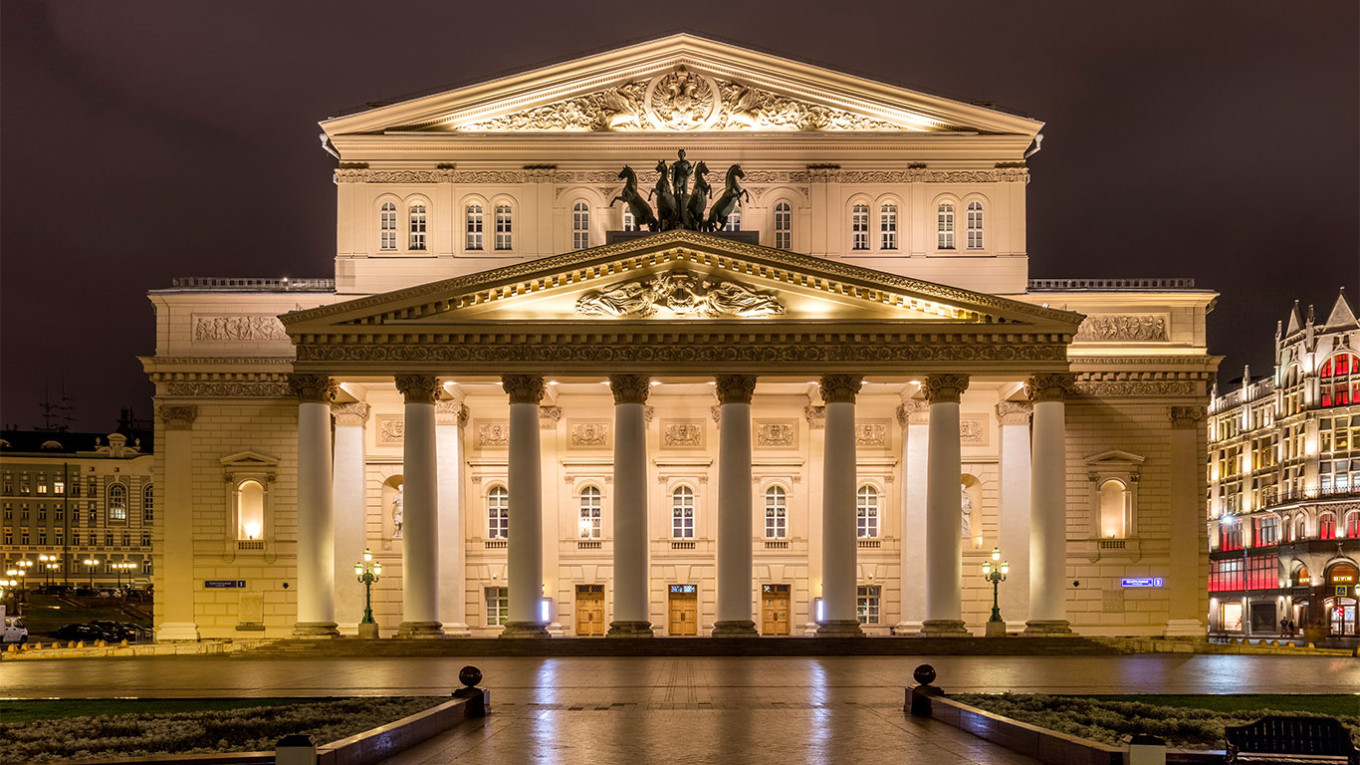Ten top dancers at the Bolshoi Theater have been suspended for a month after performing at a gala in Uzbekistan, Russian media reported this week.
The dancers, including stars such as Vladislav Lantratov and Yevgenia Obraztsova, were flown to Tashkent by the Foundation for the Development of Culture and Art of Uzbekistan.
Dancers regularly perform in other theaters, and it is not clear why they were suspended for this performance. One possible reason is that the Tashkent theater used the Bolshoi Theater logo without authorization; another is that the dancers did not formally request permission from the director, Makhar Vaziyev.
Some commentators in foreign media speculated that the reason might be political: Uzbekistan has stopped processing Russian Mir credit card transactions and has welcomed Russian draft-dodgers.
Regardless of the reason, the suspension of 10 dancers at once has got the theater scrambling to rehearse stand-ins and placate angry ballet lovers.
Below the blogger Natalia Beizerova writes, in part, "new dancers have to learn the leading roles in four days. Which raises the question: how safe is it for artists to prepare for a part in such a short period of time, and what will the quality of the performance be for the viewers?"
On Oct. 5, the Bolshoi announced that it would return ticketholders’ money “in response to requests from theatergoers” who were unhappy to discover that the principal dancers they expected were not dancing. This was done, the theater wrote on its Telegram account, “as an exception to the general rule.”
The theater also permitted ticketholders to get their money back when the Bolshoi canceled performances of the ballet “Nureyev” and opera “Don Pasquale” in the spring after Kirill Serebrennikov, who created “Nureyev” and Timofei Kulyabin, who directed “Don Pasquale,” criticized the war in Ukraine.
A Message from The Moscow Times:
Dear readers,
We are facing unprecedented challenges. Russia's Prosecutor General's Office has designated The Moscow Times as an "undesirable" organization, criminalizing our work and putting our staff at risk of prosecution. This follows our earlier unjust labeling as a "foreign agent."
These actions are direct attempts to silence independent journalism in Russia. The authorities claim our work "discredits the decisions of the Russian leadership." We see things differently: we strive to provide accurate, unbiased reporting on Russia.
We, the journalists of The Moscow Times, refuse to be silenced. But to continue our work, we need your help.
Your support, no matter how small, makes a world of difference. If you can, please support us monthly starting from just $2. It's quick to set up, and every contribution makes a significant impact.
By supporting The Moscow Times, you're defending open, independent journalism in the face of repression. Thank you for standing with us.
Remind me later.






